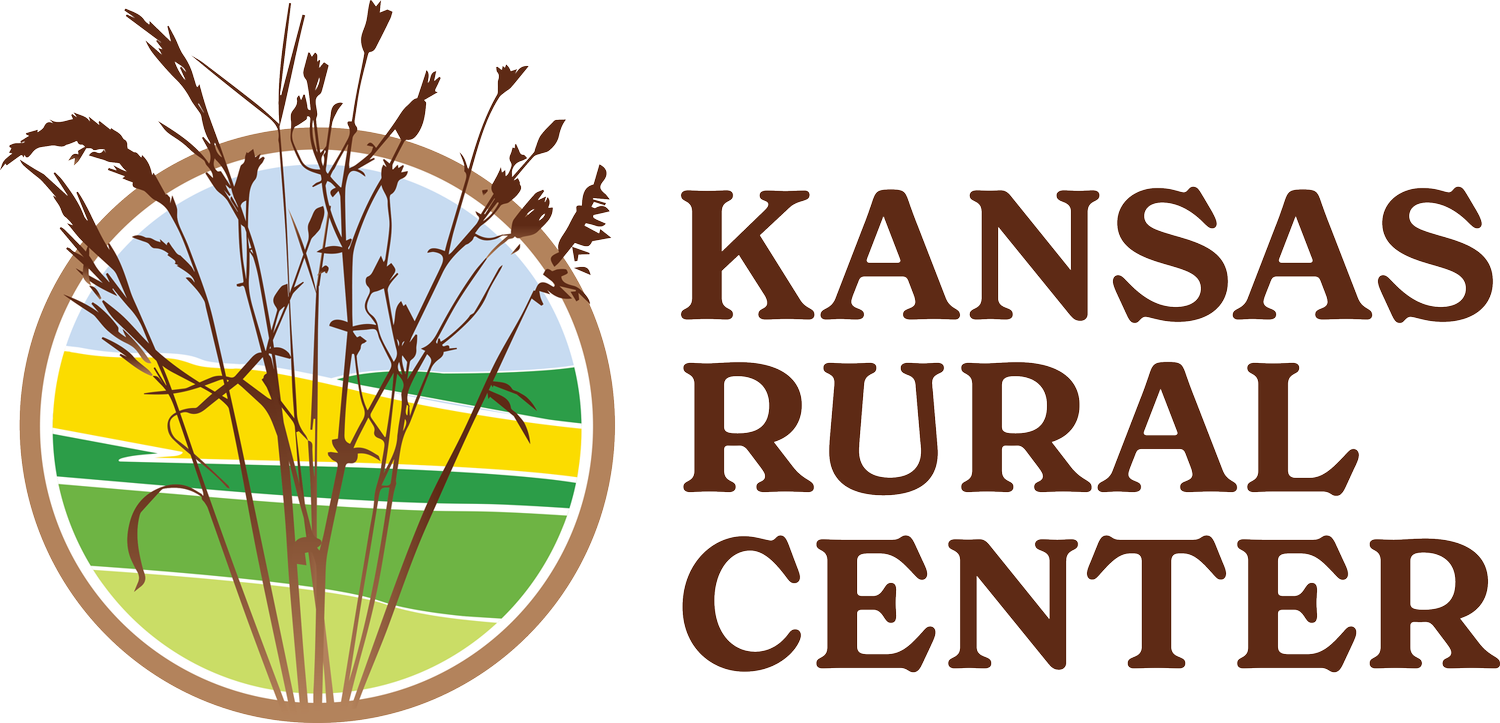
Women and Conservation
June 11, 2013
Over the next twenty years, nearly 70% of U.S. farmland will change hands, and many of those new owners will be women, as wives and daughters inherit the family farm. Thus, women in agriculture face many challenges, but also lots of opportunities.
Women at the Delaware Watershed Tour listened to information about pasture management from conservation district and extension staff.
The number of women farmers has nearly tripled over the past thirty years, with most operating small farms in the fastest growing segment of agriculture—specialty crops and livestock. According to research, women landowners now own about half of Midwest farmland acres, and make up about half of farmland owners.
Lucinda Stuenkel shows the fall 2013 women tour participants the impact of cover crops on her soil.
Women, whether actively farming or acting as the landowner, will be making decisions about how that farmland is managed, who farms it, and what conservation measures and farming practices are adopted. Research also shows that many women are insecure about their decision-making abilities and/or their knowledge of farming. Therefore, women need to be better informed about land use, farming practices, tenant and leasing agreements, conservation measures, and more in order to ensure good management and stewardship.
Over the past three years, the Kansas Rural Center has been part of a multi-state program with the Center for Rural Affairs and the Women Food and Agriculture Network. Together we developed materials and educational opportunities for women farmers and women farmland owners — initially to learn more about conservation and farming practices and USDA and state conservation programs so they could make better management decisions, and later to provide women farmers and landowners a broad range of information including leasing, tenant arrangements, land prices, and estate planning.
The project used a learning circle approach, which is an informal approach that encourages women to share stories as they also ask questions, identify challenges and topics for future study, and learn about conservation needs and farming practices. Hands-on activities as well as presentations, and farm tours were all part of the agenda. Typical classroom presentations with the speaker up front were adapted to more discussion and a round table approach for much of each workshop. And the workshops were limited to women-only participants, with women conservation professionals handling the presentations whenever possible.
A round table or learning circle format was adopted at all of the meetings to encourage information sharing and participation.
Ages of participants ranged from their 20’s to mid-80’s with some mother-daughter teams attending. Others included widows from their 40’s to their 80’s, young farm women with children at home, daughters helping elderly parents manage the farm and their affairs, retired women whose husbands do the primary management but recognize a need to learn more about the management themselves, and women farmers of every age who liked the idea of a women only environment for learning.
KRC held five learning circles and one roundtable workshop. These were small meetings, which allowed more interaction and participation, more discussion and sharing.
The meetings were also meant to be a template for other groups and organizations to organize similar workshops and tours locally. Working with the Center for Rural Affairs and the Women Farming and Agriculture Network (WFAN), we helped develop a curriculum manual aimed at providing information on how to organize workshops and offering a set of hands-on activities providing how-to’s on setting family goals to understanding conservation principles.
KRC is currently pursuing additional funding to offer more workshops and trainings, but is also happy to see other groups organize their own local conservation or farming practices tours, and how-to workshops.
Check out the links below to the Women Caring for The Land curriculum manual, “Improving Conservation Outreach to Female Non-Operator and Farmland Owners,” and to KRC newsletter articles covering the various learning circle workshops and the links to Kansas Resources and to workshop materials. Curriculum Manual – Improving Conservation Outreach to Female Non-Operator and Farmland Owners
For more information, Contact Mary Fund, KRC Program Director at mfund@kansasruralcenter.org.
At the April 2013 Reno County tour the women explored the buffer along the Nennescah River.
Kansas Resource List
KRC Rural Papers Article – Women Supporting Women: Women Only Tours Focus on Conservation and Farming Practices
KRC Rural Papers Article – Networking & Legal Info Focus of Fall Women and Ag Program
Our Valuable Records




